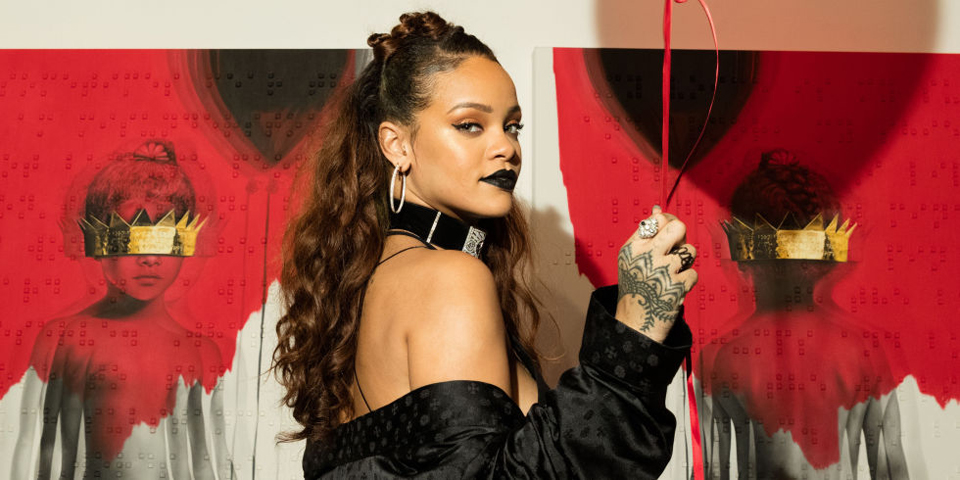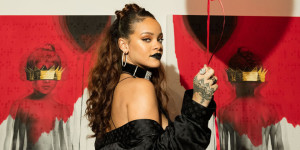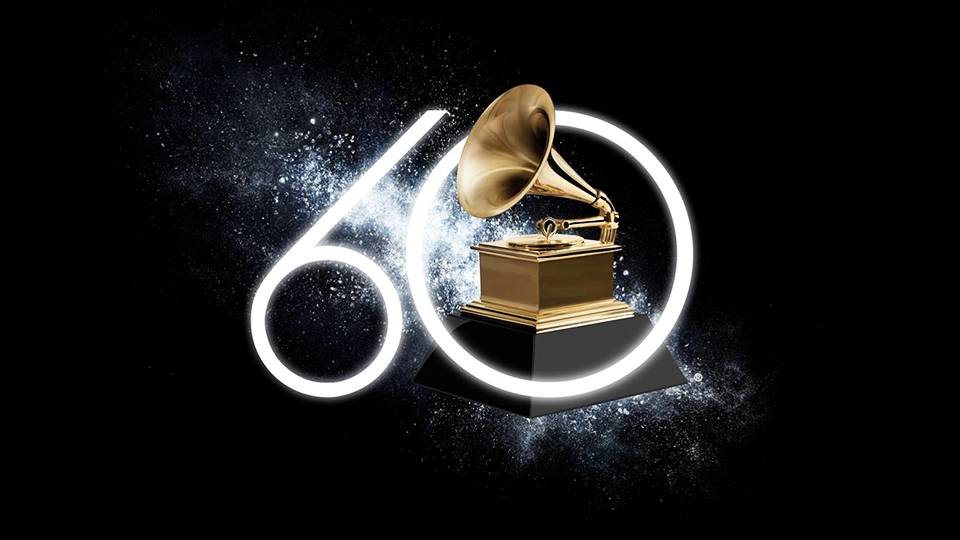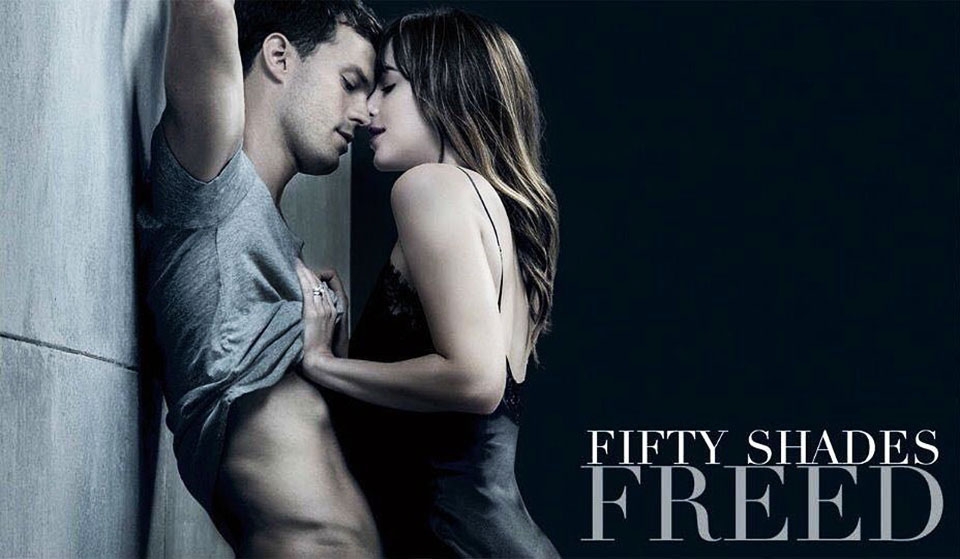
By Corey Fischer | The Duquesne Duke

“Anti” is Rihanna’s first album since “Unapologetic” from 2012. She did not begin planning “Anti” until 2014, taking a break from music in the meantime.
Rihanna has become a name synonymous with variety during her 11 years at the top of the music industry. From early hits like “Pon de Replay” and “Shut Up and Drive,” to “Umbrella,” “California King Bed” and “We Found Love,” Rihanna has exhibited time and time again that she is no ordinary artist. She has conquered dance and club music, tying Michael Jackson for number of chart-topping singles and cementing herself as one of the best-selling artists of all time. And she’s only 27.
After seven years of operating on a tight mechanical schedule, with albums releasing like clockwork every year without fail, Rihanna suddenly stopped. The consensus: Rihanna was cooking up a storm for her next album. And for four years, we were kept waiting with barely a hint at what was to come.
“Anti” is a clear separation from the Rihanna we once knew. And while it is no grand artistic vision the likes of which we’ve seen from Beyoncé and Taylor Swift in recent years, “Anti” is a masterpiece in showing us how fluid Rihanna is. From moment to moment, track to track, Rihanna can be electric or nonchalant, visionary or cookie-cutter, a singer who understands what she is capable of or one who is just settling for what she once was.
These two Rihannas, the one indicant of the popstar we have come to know and the one longing for more than just the Billboard Top 100, are clear from track to track. “Work,” which features Drake, is a pulsating sex anthem, the kind we are used to and that have become part of the Rihanna brand. All physicality and no inner depth, this is a track akin to “Rude Boy” and is Rihanna at her most primal, where she kowtows to pop culture and expectations of her artistry.
In stark contrast to that is “Love on the Brain,” a sultry, pleading love song that is comparable to the sounds of Gladys Knight’s “Midnight Train to Georgia,” a comparison that would have been laughable just four years ago. Other tracks highlight other facets of her artistry. “Consideration” is a clear throwback to her Barbadian roots, and features reggae prominently; “Desperado” is the hard-toned Rihanna that stems from previous hits “Hard” and “Bitch Better Have My Money”; “Needed Me” is the electronic Rihanna yet.
This fluidity has been decried as “uneven, scattered, and sloppy” in the case of one Pitchfork review, and “chaotic and scattershot” according to the New York Times. But in creating “Anti,” Rihanna has departed from her old club and dance routine and has created a primarily pop and R&B album. The songs are minimalist, yet they incorporate darker themes and elements of soul and dancehall, a genre of Jamaican popular music. Yes, she is flitting from style to style and exhibiting an ever-changing air, but this is intentional. Rihanna is blissfully aware of this, and that is the whole point. Unlike most of her previous albums, “Anti” has an overarching theme: the complexities of love and self-assurance.
The album ends with “Close to You,” a charming love ballad of piano and background strings. It is perhaps the most powerful love song she’s created so far.
Released on January 29 and February 5 for digital purchases and physical copies respectively, the album initially was labeled as a flop; “the record you make when you don’t need to make money” from the Times again. But at press time, “Anti” soared from a disappointing first week ranking of 27 to the top of the Billboard 200. And two tracks have made it into the Billboard Top 100 Songs, with “Work” riding high at number 7 and “Needed Me” at 91.
The sky’s the limit when it comes to Rihanna’s music, and it would be foolish to think that “Anti” will be any different than its seven chart-topping predecessors.




